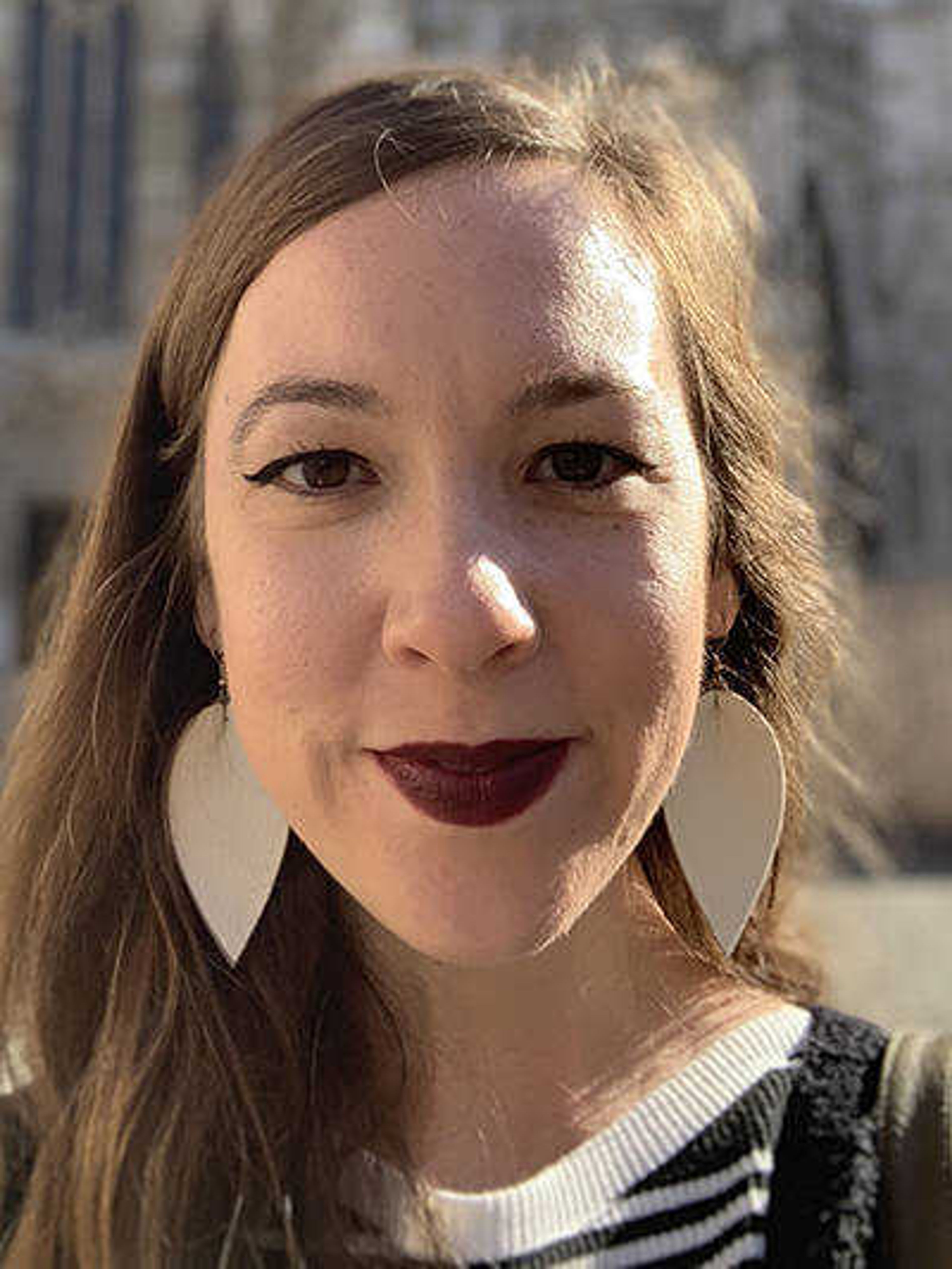Soulfulness meets a need for God
A few weeks ago I had the privilege of participating in a spirituality group for men who don't have homes, and many of whom previously struggled with addiction. The evidence that God has transformed these men was so apparent in the joy on their faces, the way they treated each other with utmost respect and how they shared their stories with such vulnerability, shamelessness and gratitude. ...
A few weeks ago I had the privilege of participating in a spirituality group for men who don't have homes, and many of whom previously struggled with addiction.
The evidence that God has transformed these men was so apparent in the joy on their faces, the way they treated each other with utmost respect and how they shared their stories with such vulnerability, shamelessness and gratitude. The presence of God in each of these men and his unique manifestation through them of his different qualities was so clear. When my own fear that I'm not enough surfaced, making me worry I wasn't poor enough or hadn't had bad enough things happen to me, causing me to feel like an outsider in the group, they accepted me for who I am, as I am. They welcomed me into their group, made me part of their community.
These men changed my life.
Someone -- I can't remember who -- said this to me recently: We all have our poverty. This poverty -- the hole of my incompleteness and helplessness to do anything to fill it or transform it on my own -- is also something I have been feeling within myself. We all ache for the glory and love of God, for our soul to revel in the One our hearts are yearning for. We all long for our suffering to be shared and supported, for our wounds to be healed. We all long to believe in and experience a goodness and love beyond what we can comprehend.
I think this is what makes us human, what it means to be human. To paraphrase Henri Nouwen, when we realize our own poverty, we will be able to be with others in theirs.
We most fully experience ourselves, being human and our God when we ache, when we suffer, when we meet our homelessness and our poverty, our utter inability to do anything to satisfy ourselves, our probing cry for the completion of our incompleteness. It is here we meet our Savior, our Love, our Lord and God in his and our own broken humanity. It is in this realization that we can cry, "Daddy, Father," and fall, crumpled, into his arms, into his consuming, healing, fortifying love.
There is a line in Audrey Assad's song "Restless" that ends with the word "hopeless." I misunderstood it once as "homeless," so the line says: "I know you're more than my salvation, without you I am homeless." This misunderstanding, to me, is lovelier than the original because it encompasses my whole being, speaking of the place where the soulfulness and physicality of my need for God meet.
A need for a home is an immediate physical need as well as a deep interior cry for belonging. If I don't live in God, I am homeless. Without him, I am impoverished. My poverty is a gift -- it reminds me I am his.
Mia Pohlman is a Perryville, Missouri, native and a recent graduate of Truman State University with a bachelor's degree in English.
Connect with the Southeast Missourian Newsroom:
For corrections to this story or other insights for the editor, click here. To submit a letter to the editor, click here. To learn about the Southeast Missourian’s AI Policy, click here.










